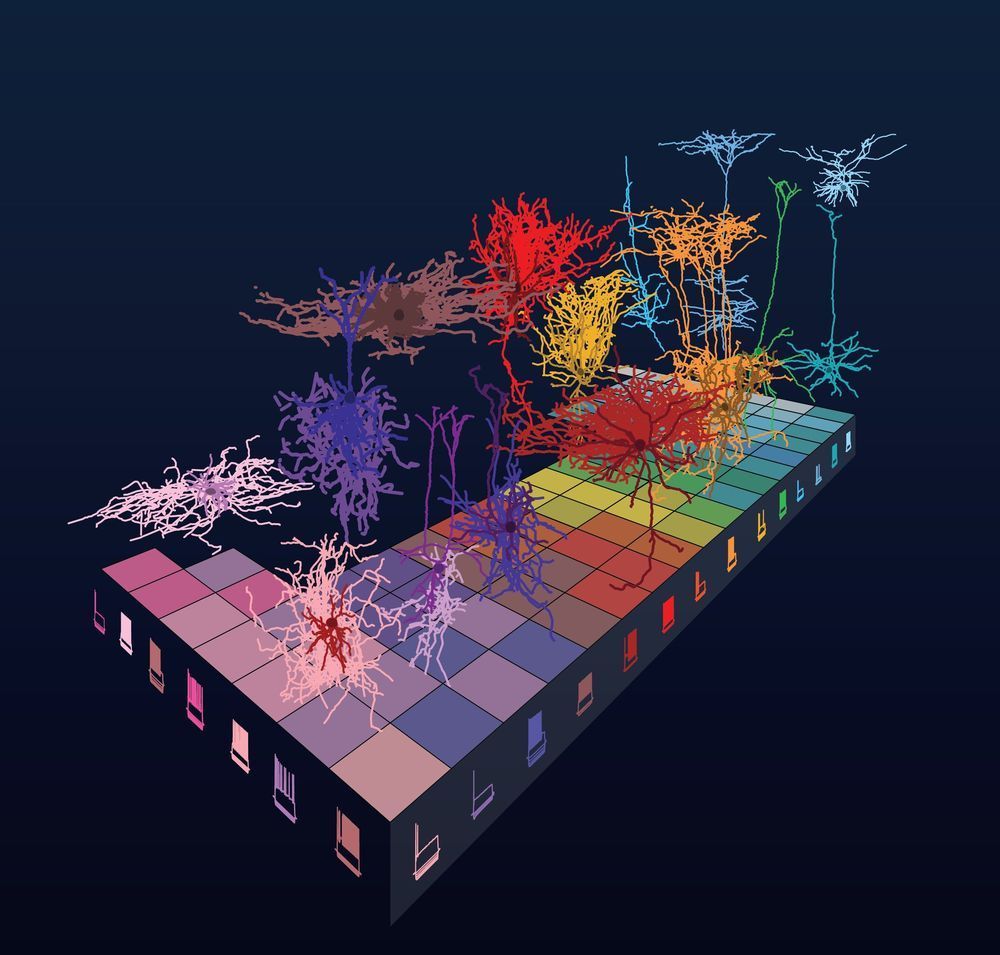To understand our brains, scientists need to know their components. This theme underlies a growing effort in neuroscience to define the different building blocks of the brain—its cells.
With the mouse’s 80 million neurons and our 86 billion, sorting through those delicate, microscopic building blocks is no small feat. A new study from the Allen Institute for Brain Science, which was published today in the journal Nature Neuroscience, describes a large profile of mouse neuron types based on two important characteristics of the cells: their 3D shape and their electrical behavior.
The study, which yielded the largest dataset of its kind from the adult laboratory mouse to date, is part of a larger effort at the Allen Institute to discover the brain’s “periodic table” through large-scale explorations of brain cell types. The researchers hope a better understanding of cell types in a healthy mammalian brain will lay the foundation for uncovering the cell types that underlie human brain disorders and diseases.










Comments are closed.